If you’re experiencing the frustration of a car battery charging slowly, don’t worry! There are solutions to get your charging speed back to normal. In this article, I will guide you through the process of identifying the cause of your slow charging issue and provide expert tips to fix it quickly.
Key Takeaways:
- Identify the cause of slow car battery charging
- Troubleshoot the issue with resetting the charger, disabling load following, readding the car to the charging app, or using the car’s charge scheduling
- Avoid factors that affect battery life and charging time, such as leaving lights on, corroded battery terminals, cold weather, and prolonged use of in-car features
- Consider optimal charging times and choose the right charger for your needs
- Maintain battery health and explore the convenience of home charging
Understanding the Cause of Slow Charging
When faced with the frustration of slow car battery charging, it’s essential to understand the underlying causes. Several factors can contribute to this issue, ranging from charger interface problems to location interference. By identifying and addressing these potential issues, you can resolve the slow charging problem and get back on the road quickly.
Causes of Slow Car Battery Charging
- Charger Interface Issues: One common cause of slow charging is the interface between the car and the charger. Sometimes, the car may not like the way the charger schedules the charge, leading to slower charging speeds. This compatibility issue is often not a fault with the car itself but can be resolved by finding a compatible charger.
- Car Not Liking Charger Schedule: It’s important to note that slow charging may not always be due to a technical fault. In some cases, the car’s settings or preferences can affect the charger’s schedule, resulting in slower charging speeds. Adjusting the car’s settings or using a charger that aligns with the car’s preferences can solve this issue.
- Charging Location Interference: Another factor that can contribute to slow charging is interference from the charging location. Some charging locations may have compatibility issues or environmental factors that affect the charging speed. Identifying such locations and choosing alternative charging spots can help resolve the problem.
Understanding these causes of slow car battery charging is crucial for troubleshooting and finding effective solutions. By addressing charger interface issues, resolving car preferences, and avoiding charging location interference, you can optimize the charging process and get your car’s battery charged efficiently.
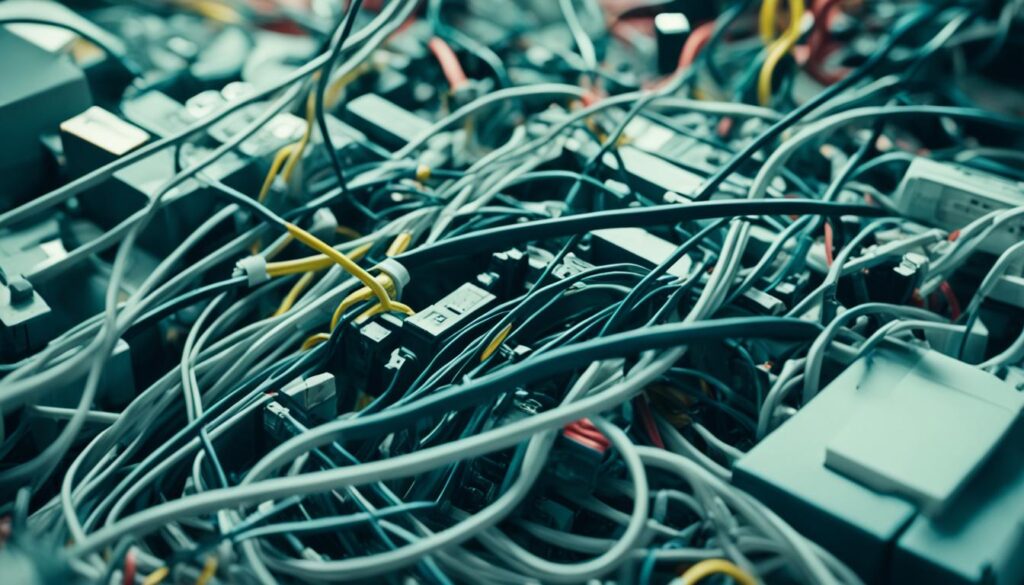
Troubleshooting Slow Charging
If you’re experiencing slow car battery charging, there are several troubleshooting steps you can take to address the issue. Follow these tips to get your charging speed back on track:
- Resetting the Charger: Start by resetting the charger. Ensure that the charger is properly connected and set to the correct charging amperage, typically 32A for optimal charging speed.
- Disabling Load Following: Some chargers have a feature called load following, which adjusts the charging rate based on the load in your home. However, this can sometimes cause slow charging. Try disabling load following temporarily to see if it improves the charging speed.
- Re-adding the Car to the Charging App: If you’re using a charging app to manage your car’s charging schedule, try removing the car from the app and then re-adding it using the appropriate profile. This can help resolve any interface issues between the car and the app that may be affecting the charging speed.
- Using the Car’s Charge Scheduling: If all else fails, you can try using the car’s own charge scheduling feature instead of relying on the charger’s schedule. Put the charger in a “dumb charger” mode and control the charging entirely from the car or the app. This allows you to have full control over the charging process and may help improve the charging speed.
By following these troubleshooting steps, you can effectively address slow car battery charging and ensure that your vehicle is always ready to hit the road.
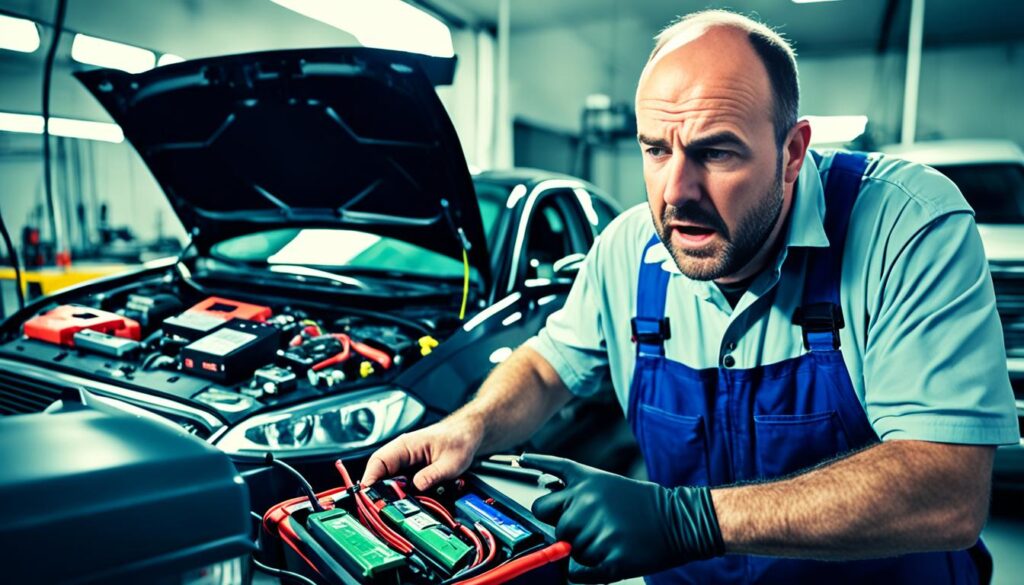
Factors Affecting Battery Life and Charging Time
Slow car battery charging can sometimes be attributed to various factors that affect battery life and charging time. It’s important to understand these factors to effectively troubleshoot and resolve the slow charging issue. Let’s explore some common causes:
Leaving Lights On
One major cause of flat car batteries is leaving the lights on when the engine is turned off. This can result in a drain on the battery, leading to slower charging times. It’s crucial to always double-check and ensure that all lights are turned off before leaving the vehicle.
Corroded Battery Terminals
Corroded or loose battery terminals can impede the proper flow of electrical current, causing slow charging. Over time, battery terminals can accumulate corrosion or become loose, leading to poor contact with the charger. Regular cleaning and tightening of battery terminals can help maintain optimal charging efficiency.
Cold Weather Impact
Cold weather can have a significant impact on battery performance, resulting in slower charging times. Batteries tend to lose their efficiency in low temperatures, requiring more frequent charging. It’s essential to keep the battery warm during colder months and consider utilizing a battery warmer to optimize charging speed.
Prolonged Use of In-Car Features
Continuously using in-car features such as the radio, air conditioning, or other electronic devices can drain the battery faster, leading to slower charging. It’s important to be mindful of the power consumption of these features, especially when the engine is turned off. Minimizing prolonged use can help preserve the battery’s charge and improve charging speed.
By taking these factors into account, you can proactively address and overcome slow car battery charging issues. Let’s move on to the next section to explore optimal charging times and the different types of chargers available.
| Causes | Impact |
|---|---|
| Leaving Lights On | Drains battery, slower charging |
| Corroded Battery Terminals | Impedes electrical flow, slower charging |
| Cold Weather | Reduced battery efficiency, slower charging |
| Prolonged Use of In-Car Features | Increased power consumption, faster battery drain, slower charging |
Optimal Charging Times and Charger Types
When it comes to charging a flat car battery, the charging time can vary depending on several factors, including the battery amps and the type of charger being used. In this section, I will discuss the optimal charging times and different charger types to help you make an informed decision.
The time it takes to charge a flat car battery can range anywhere from as little as 30 minutes to as long as 48 hours. However, it’s important to note that charging too quickly can potentially damage the battery plates, so it’s recommended to charge slowly for optimal results.
More powerful chargers, such as those with higher voltage or amperage, may offer faster charging times. While this can be convenient, it’s essential to consider the impact of powerful chargers on the lifespan of your battery. These chargers, if not used correctly, can potentially shorten the battery’s lifespan due to the higher stress placed on the battery cells during charging. Thus, it’s crucial to strike a balance between charging speed and battery health.
When choosing a car battery charger, it’s important to consider your specific needs and preferences. Here are some common types of car battery chargers to consider:
- Linear chargers: These chargers provide a consistent and steady charge, making them ideal for maintaining and trickle-charging batteries. They are reliable and offer excellent battery health.
- Trickle chargers: Trickle chargers deliver a low, constant current that slowly charges the battery over an extended period. These chargers are perfect for long-term battery maintenance and can be left connected for extended periods without overcharging the battery.
- Multi-stage chargers: These chargers provide multiple charging stages, including bulk charge, absorption charge, and float charge. They are designed to optimize charging efficiency and battery health. Multi-stage chargers are suitable for both fast charging and long-term battery maintenance.
By selecting the right type of car battery charger based on your specific needs, you can ensure efficient and effective charging while maintaining the longevity of your battery. Remember, it’s crucial to strike a balance between charging time and battery health for optimal performance.
Comparison of Charger Types:
| Charger Type | Charging Speed | Battery Health | Best Suited For |
|---|---|---|---|
| Linear Chargers | Slow | Excellent | Battery maintenance and trickle charging |
| Trickle Chargers | Slow | Excellent | Long-term battery maintenance |
| Multi-stage Chargers | Variable – can be fast or slow | Optimized | Fast charging and long-term maintenance |
Choosing the right charger for your car battery is essential to ensure efficient and reliable charging. Consider the charging speed, battery health, and your specific requirements when making your decision. Now that you have a deeper understanding of optimal charging times and charger types, you can confidently select the best charger for your car battery needs.
Conclusion
Fixing slow car battery charging is essential to ensure optimal battery performance and maintain battery health. By taking the necessary troubleshooting steps and implementing regular maintenance practices, you can resolve the issue and avoid the frustration of slow charging.
It’s crucial to address any compatibility or interface issues between your car and the charger. Check for proper communication and settings to ensure a smooth charging process. Additionally, be mindful of factors that can affect battery life and charging time, such as leaving lights on or prolonged use of in-car features.
Choosing the right charger for your car battery is equally important. Consider factors such as amp rating, charging speed, and charger type before making a purchase. Optimal charging times and techniques can help maintain battery health and longevity.
Furthermore, considering a home charging solution can provide convenience and cost savings in the long run. With a dedicated charging station at home, you can easily charge your car battery at your convenience, eliminating the need to rely solely on public charging stations.
Remember, fixing slow car battery charging is within your reach. Take action, follow the necessary steps, and enjoy hassle-free charging and optimal battery performance.





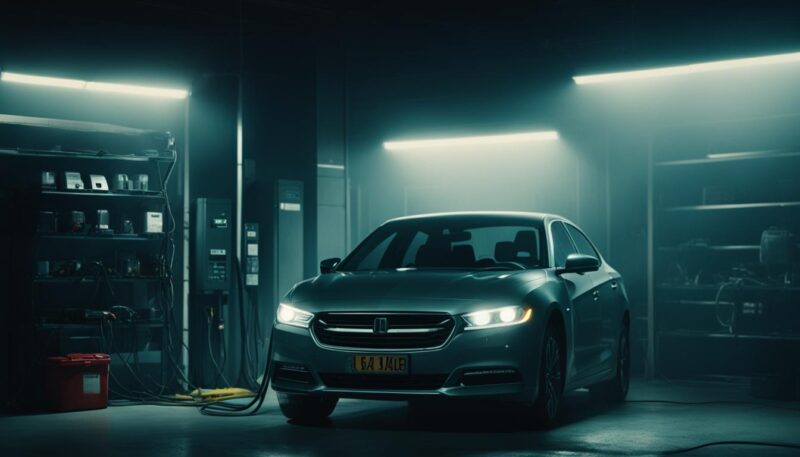
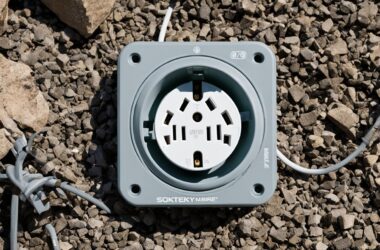
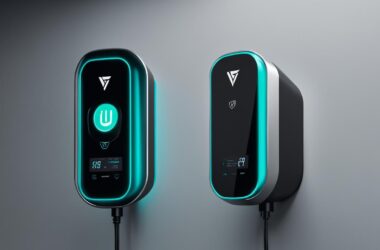

Müzikal Filmler Google SEO, dijital pazarlama stratejimizin temel taşı oldu. https://www.royalelektrik.com//esenyurt-elektrikci/
Üsküdar musluk tamiri Su faturanız yüksek geliyorsa, Üsküdar su kaçağı tespiti hizmetimizle kaçakları noktasal olarak buluyoruz. Uygun fiyat garantisi! https://outhematrix.info/blogs/515/%C3%9Csk%C3%BCdar-Su-Ka%C3%A7a%C4%9F%C4%B1-bulma
I like this weblog very much so much excellent info .
whoah this weblog is magnificent i love reading your articles. Keep up the great paintings! You recognize, many persons are looking round for this information, you can help them greatly.
Ümraniye en yakın süpürge servisi Güler yüzlü çalışanlarla rahat bir servis süreci yaşadım. https://ourfamilylync.com/read-blog/22961
Çatalca gizli su kaçağı tespiti Maltepe su kaçağı tespiti: Maltepe’de su kaçaklarına son veriyoruz! https://cloutapps.com/ustaelektrikci
Ümraniye su kaçağı tespiti Şişli’deki ofisimizde ciddi bir su kaçağı vardı. Testo termal kameralarıyla hızlıca buldular. https://www.messifootballforum.com/ustaelektrikci
I am continually looking online for posts that can assist me. Thank you!
Your place is valueble for me. Thanks!…
su kaçağı bulma ve tamir Kartal’da su kaçağı tespiti için aradım, ekip çok profesyoneldi ve sorunumu hemen çözdüler. https://hasanonen.av.tr/Soru/su-tesisatcisi-gorevleri
Good – I should certainly pronounce, impressed with your website. I had no trouble navigating through all tabs and related info ended up being truly easy to do to access. I recently found what I hoped for before you know it at all. Quite unusual. Is likely to appreciate it for those who add forums or something, site theme . a tones way for your customer to communicate. Nice task..
Hmm is anyone else having problems with the pictures on this blog loading? I’m trying to figure out if its a problem on my end or if it’s the blog. Any suggestions would be greatly appreciated.
We thank Carla Weinheimer at the Washington University Mouse Cardiovascular Phenotyping Core for performing surgical ligation procedures buy priligy cheap However, personal accounts by individuals most affected are frequently omitted from meetings where employment and health service issues are discussed